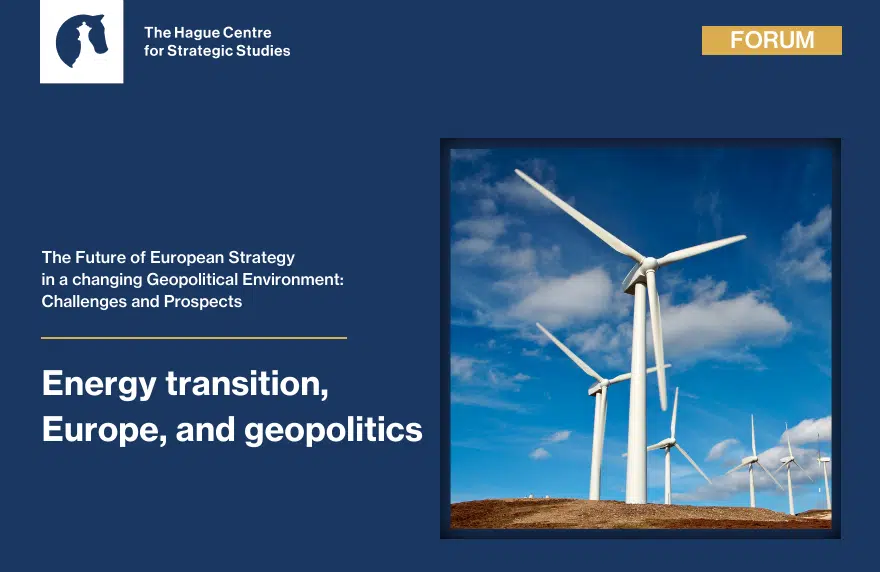Research
Energy transition, necessary for the successful implementation of the Paris Agreement and the delivery of the United Nations Sustainable Development Goals, requires development and large-scale deployment of low-carbon technologies. These will increase global demand for different minerals and metals, what mandates a wide range of adjustments at the state level. The need to re-think, reduce, replace, recycle, redesign and re-distribute the use of scarce commodities is particularly heightened.
The message put forward at the 2017 Raw Materials Conference on June 23rd in The Hague was threefold: 1) realizing energy transition requires large amounts of raw materials and a significant upscaling of mining activities; 2) such activities have to be carried out in a sustainable manner, and should respect human rights, the needs of local communities, and the environment; 3) transition to a circular economy model in product chains is required to mitigate existing and emerging challenges in the short run. Circular design of windmills and solar panels is needed.
The challenges, takeaways and recommendations outlined in this policy paper were compiled on the basis of extensive in-house research, information gleaned at the round-table and the raw materials conference, and reflect the informed opinions of relevant stakeholders representing the government, private industry and knowledge institutes.
Download the policy paper via the button.







